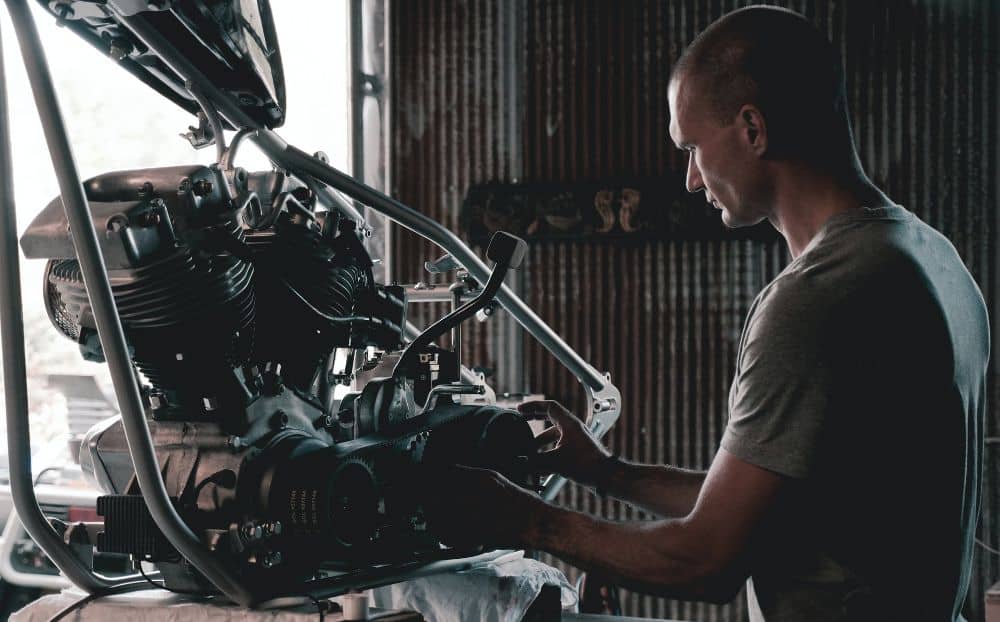When you start shopping for a vehicle, you want to buy a car that won’t give you problems. Unfortunately, there are a lot of lemons out there, and you need to avoid getting stuck with one. This article is full of tips from a California lemon law attorney on how to avoid buying a lemon.
Finding a nice used car for an affordable price is often easier said than done; which is why it’s important to do your research before you enter into any negotiations. However, finding the perfect car for you doesn’t just come down to good luck as some people seem to think.
It’s more about doing your homework properly and being armed with all the necessary information so that when it comes down to negotiating the deal, you know up from down and can make sure a potential purchase won’t present any hidden issues in terms of its automobile performance, road safety or general reliability in the future.
How to Protect Yourself From Buying a Lemon?
When purchasing a new car, you want to be sure that you are making the right choice. It is not easy to know whether you are making a good choice when you have to pick between so many different cars. There are ways to ensure that you are making the right choice. Understanding what you need to look for will help you when you are shopping for a new car.
Checking the Reliability Record
Before selecting a vehicle, use consumer reports to help you select models with reliability in mind. The best of these so-called good vehicles will have the highest customer satisfaction scores and will be better for your wallet in the long run.
If you’re looking for a vehicle and want to see how it rates on reliability, check for the reliability history charts that come with the profiles for most of Consumer Reports’ automobiles.
Reading the Window Sticker
A Buyer’s Guide is required in every used vehicle sold by dealers. It must be located in a prominent area of the vehicle and contain certain information, including the warranty that is being provided for the vehicle and what amount, if any, will be paid by the dealership for repairs. The Buyer’s Guide information overrides any contrary provisions in your sales contract.
If a vehicle is being sold “as is” it means that the owner makes no lifetime guarantees on the condition of the car, so any problems that come up once you’ve made your purchase will be your responsibility. Some states do not allow as-is sales on vehicles worth more than a certain price.
Checking the Vehicle’s History
A vehicle history report from CarFax or Experian Automotive is an incredibly useful tool for those in the market for a car. It can alert you to possible:
- Odometer fraud
- Reveal Past Fire Damage
- Reveal Past Flood Damage
- Reveal Past Accidental Damage
…or tell you if a rebuilt or salvage title has ever been issued for the vehicle.
But these reports aren’t perfect. There are vehicles that have a clean report, but still require some work in the damage department. We suggest entering the vehicle’s VIN into ReviewMyAuto.com to find out if this specific vehicle has any flaws that you might need to consider before taking it home in your driveway.
Some used-car marketplaces can help you obtain a vehicle history report for free but otherwise, these are costly and there is a significant cost involved because it’s an important resource and the best protection involves ensuring that your car has been inspected by a professional mechanic.
Look for a Mechanic
Use a mechanic you trust to thoroughly inspect your used car before purchasing it. Ask for an estimate that details why the inspection was done, what it might cost to remedy any problems, and where you can get specific parts. If you’re not satisfied with the explanation or price quote from one shop, try another until you find someone who will talk to you in terms that you understand and give a reliable estimate of the cost.
You should enlist these services from the Car Care Council (CCC). This group certifies independent shop facilities that have been inspected by an authorized government agency for meeting rigorous standards for learning and competence. AAA members can rely on CCC-accredited shops as recommended by their membership association.
Taking a car to a mechanic also requires getting an expert opinion. Sometimes knowing what the state of your vehicle is can help you avoid big and expensive problems in the future! If you’re going to see a mechanic about your vehicle, make sure they look for these:
Any kinks or dents in the frame or from undercarriage components like fuel tanks can point to there being some damage previously done and taken care of when repaired by mechanics. Welding on the frame suggests repairs made by welders for damaged sections of a car’s chassis may have been recently replaced.
Fresh undercoating could be hiding recent structural repairs that are not yet visible without cutting into them.
As a potential buyer, you should be allowed to take your potential car for a test drive as long as you leave identification or proof of ownership with the seller. The dealer selling the car may not be willing to lend it out, however, so you could offer to follow them to your mechanic.
Check for any Recalls
Check to see if the car you’re considering has any open recalls. The National Highway Traffic Safety Administration has a searchable database of recall notices. Request documentation on any recalls performed on the vehicle you want to buy and also request that the seller confirm whether or not they were done.
If your potential purchase has an un-performed recall, it’s extremely important that you take care of it immediately as all automakers are required to perform this service at no charge regardless of the age of the vehicle or how long ago the recall notice was issued.
A used car can be a great choice for many people. However, if you don’t know what you’re doing, it can be a bad decision that ends with you stuck with a lemon. You don’t want to get stuck with a lemon, so it’s best to make sure that you know what you are doing when you are shopping around. McMillan Law Group can help you explore your choices if you are stuck with a used vehicle.


